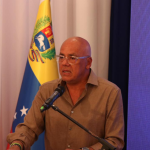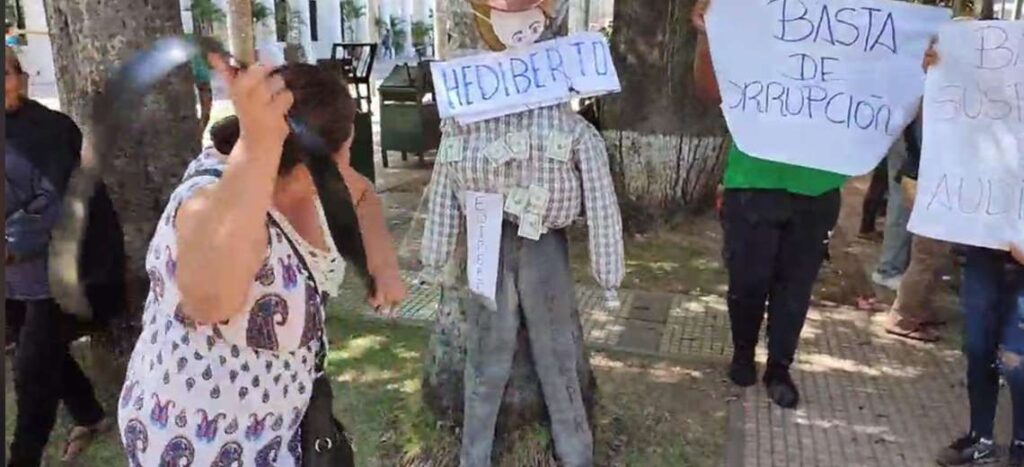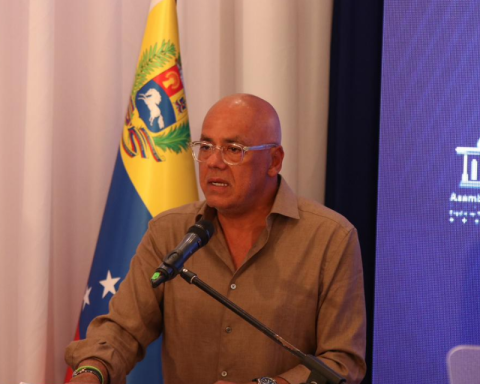The Central Bank and the Ministry of Economy reported having received, from the Council of the Organization for Economic Cooperation and Development (OECD), an invitation to adhere to the Code of Liberalization of Capital Movements and the Code of Liberalization of Intangible Current Operations.
According to the BC, the Capital Movements Liberalization Code “refers to standards for normative acts on international financial flows, including payments, transfers, loans, investments, as well as the purchase and sale of foreign currency”.
The Code for the Liberalization of Current Intangible Operations basically refers to the provision of services on a cross-border basis, such as international consulting, legal and architectural services.
“The two liberalization codes consolidate recommendations resulting from decades of studies and are based on principles of non-discrimination and transparency, among others”, informed the BC.
According to the monetary authority, “Brazil has been working consistently on the convergence of normative acts with the good practices recommended by the codes”.
The BC adds that, from the point of view of foreign investors, adherence to these codes represents a “better understanding of our regulatory framework, lower cost of adapting to the particularities of the country and greater perception of legal certainty in international operations”.
first non member
In a note, the Ministry of Economy reported that all OECD members adhere to the two codes and that, since 2012, the possibility of accession by non-member countries is open. Brazil started the accession process in 2017 and, with the invitation made on May 10, it will be the first non-member country to adhere to the two codes.
“For convergence to the provisions of the codes, legislative and regulatory actions were implemented, contemplating: the elimination of limits to foreign investment in air transport; the elimination of reciprocity requirements in the insurance area; elimination of the need for a presidential decree to establish branches of foreign financial institutions; the delegation of competence to the Ministry of Economy to authorize the operation of foreign companies in Brazil; raising cession limits for occasional reinsurers; the enactment of the Foreign Exchange and International Capital Law (LCCI) and the Decree on the Tax on Foreign Exchange Financial Operations (IOF), which established the gradual reduction of rates to zero, in a staggered manner”, detailed the ministry.
The ministry adds that adherence to these two instruments “is aligned with the elimination of barriers to international trade and investment flows and the better functioning of the capital market”.















